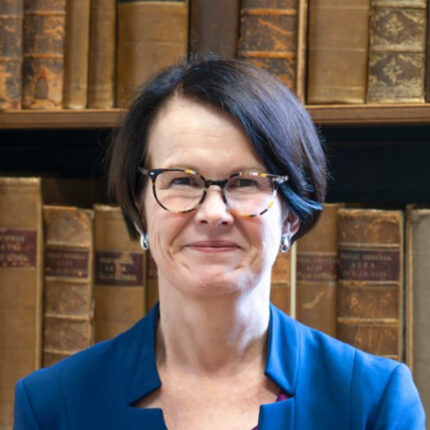What is a university for?
Most people would respond by saying universities exist to teach the next generation useful knowledge and skills, or to conduct research to benefit society through health, technical, and cultural advances. Some might even recognise our purpose as anchor institutions in local communities and importance as economic drivers for regional and national prosperity. Very few would likely think to mention universities’ role in international relations.
Global risks such as increasing international conflict, climate change, and cyber terrorism are having an increasingly direct impact on the lives of millions of people. In this shifting and uncertain geopolitical context, how should higher education institutions apply our research, educational, and civic acumen to confront international challenges?
Win-win mentality
Jane Knight defines this role as knowledge diplomacy, “the process of building and strengthening relations between and among countries through international higher education, research and innovation.” In contrast to “soft power,” in which nations use a persuasive approach to achieve self-interested economic or cultural influence in international relations, knowledge diplomacy emphasises collaboration and a “win-win” strategy.
Knowledge diplomacy is increasingly important because of the interconnected and global nature of economic, social, and public health challenges. When the Covid-19 pandemic hit, no single country had the ability to limit its spread, treat patients, or find a cure by itself. Even working together, the countries of the world could not have come through the crisis without universities’ contributions to public health knowledge, data modelling, health interventions, and vaccine development.
This summer, a group of 40 leaders from 16 countries met to discuss higher education’s role in knowledge diplomacy. The University of Nottingham worked with Wilton Park, an agency of the UK Foreign, Commonwealth & Development Office, to convene this dialogue because, as the first UK institution to establish an international branch campus, global engagement is in our DNA. We also recognise that in a moment of geopolitical disruption, universities’ ability to continue sharing knowledge is a global good that cannot be disrupted.
For example, the University of Nottingham is a world leader in translating innovation in the decarbonisation of transport into commercial solutions. Our global footprint means that the economic and environmental benefits of this work are not just being felt at home in the UK, but also in countries around the world such as Indonesia, where we are working with the West Java regional government to decarbonise the area’s entire fleet of motor scooters.
The current challenge
At the Wilton Park dialogue, participants discussed how universities can continue to drive global collaboration in the midst of shifting geopolitical power and alignment and declining trust in institutions. For example, knowledge sharing can be used for good or ill, and governments across the world are often anxious about how research developed domestically could be used by adversaries if shared openly. That has led countries, including the UK, USA and China, to introduce measures to limit sharing of intellectual property. Beyond formal proscriptions, our university and many others are increasingly under pressure from students, funders, and others to limit collaborations with certain international partners, such as companies involved in or linked to defence manufacturing.
In this increasingly complex environment, many universities find they lack both the structure to engage effectively on the international political stage and the processes to determine which global collaborations are good and which are not: the consequence could be that risk averse institutions withdraw from global collaborations that could cause benefit. If knowledge diplomacy is an important part of a university’s activity, we need to be able to measure it and know when we are doing well to ensure it continues to be supported.
After three days of discussion, participants agreed that this moment demands institutions of higher education to be more articulate in how they contribute to global challenges and more coordinated in their approach to doing knowledge diplomacy well. To achieve that goal, we are exploring the establishment of a global Knowledge Diplomacy Forum to build capacity within institutions of higher education to practise knowledge diplomacy, and to advance policy solutions at the national and multilateral levels. We invite you to read the full report of the dialogue, and to reach out to the University of Nottingham if you would like to get involved in this forum.
The role of universities in knowledge diplomacy may not be widely known, but it is widely felt and will be greatly missed if a new political era hampers higher education’s ability to work internationally to achieve shared goals. We hope you will work with us to realise the potential of knowledge diplomacy, both for the continued thriving of universities and of the global communities we serve.












